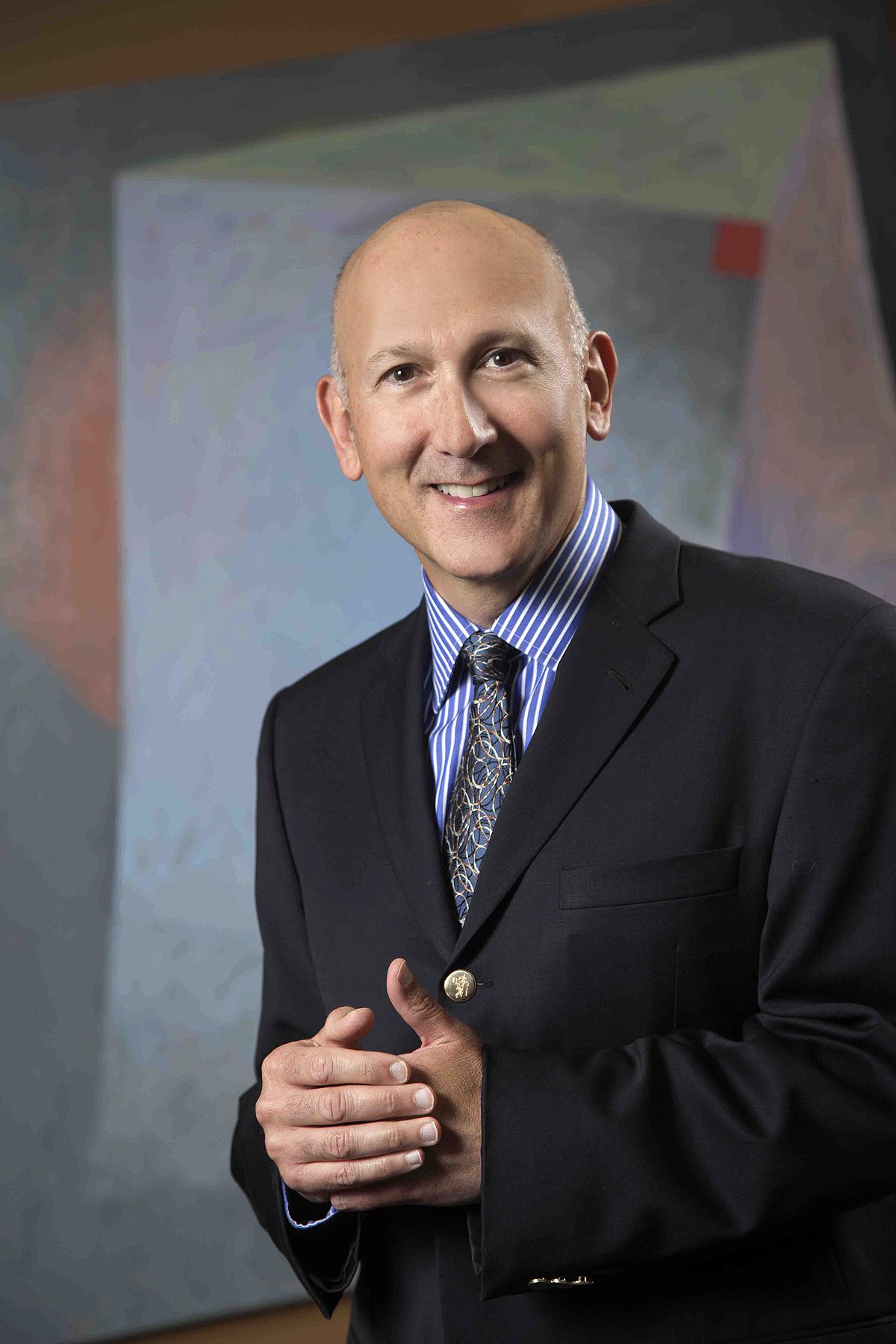UC Law SF Professor Joel Paul Pens New Book on Daniel Webster

Professor Joel Paul talks about his new book, which explores the history of American nationalism popularized by Daniel Webster in the early 1800s.
UC Law SF Constitutional Law Professor Joel Richard Paul has written a new book, INDIVISIBLE: Daniel Webster and the Birth of American Nationalism. The third book in Paul’s popular history series, INDIVISIBLE tells the story of one of the greatest orators and statesmen of the 19th century. Paul has lectured and published in Europe, Asia, and Latin America. He is the author of “Unlikely Allies: How a Merchant, a Playwright, and a Spy Saved the American Revolution” and “Without Precedent: How John Marshall Invented American Diplomacy.” In his spare time, Professor Paul writes stage plays.
What made you decide to write this book?
My previous book, WITHOUT PRECEDENT, is about Chief Justice John Marshall and his impact on the Constitution. In addition to being a congressman, senator, and secretary of state, Daniel Webster was one of the preeminent advocates who argued many of the most important cases before the Marshall court. Webster’s most famous speeches opposing slavery, the War of 1812, and the Mexican War, popularized Marshall’s ideas of constitutional nationalism. His speeches were eloquent and hypnotic. Throughout the U.S. and Europe, he was regarded as the greatest orator of the English language. For much of the nineteenth century schoolchildren were required to recite from memory excerpts of Webster’s greatest speeches. Lincoln cribbed some of his most famous lines from Webster. “Of the people, by the people, for the people” – those were not Lincoln’s words; that’s Webster speaking.
It is always fascinating to examine how history repeats itself. Were there other instances of this in your book?
One of the major figures in the book whom Webster opposed was Andrew Jackson. The parallel between Trump and Andrew Jackson is striking. Jackson was an ignorant, impulsive authoritarian who did not respect constitutional norms. As a general, he invaded Florida without authority, murdered British citizens, and launched bloodthirsty attacks on Native Americans. Jackson lost the presidency in 1824, and when he ran again in 1828, he alleged, without evidence, that there was a “corrupt bargain” between Henry Clay and John Quincy Adams that cheated him out of the presidency. He manipulated the press with disinformation. He was a populist, a cult figure, who appealed to an angry white working class. He promised to clean the swamp in Washington, but instead he replaced qualified civil servants with unqualified, often corrupt, cronies. He viciously attacked his enemies, especially Native Americans, Mexicans, and northeastern bankers. He was a bigot who understood nothing about government or economics.
What historical moments inspired you?
In 1850, California petitioned for admission as a state. The southern states, fearful that this would give free states a majority in the Senate, threatened to secede from the union. Clay proposed a compromise that would require the North to return fugitive slaves. Clay needed Webster to endorse this compromise because of his reputation as the conscience of New England and a fiery opponent of slavery. Without Webster’s support, the northern senators would have voted it down. Webster’s whole career was about preserving the union and opposing slavery. His most famous line was “Liberty and Union, now and forever, one and inseparable.” Now, he was forced to choose between those two principles. Webster’s decision to support the fugitive slave law ended his political career, and he died two years later a broken man. But the Compromise of 1850 saved the union for another decade. If the nation had divided in 1850, you would have had Millard Fillmore, not Lincoln, leading the fight to save the union. The generation that fought and won that Civil War in 1860 were entirely indoctrinated with Webster’s view that the Constitution – not our race – made us all Americans. Webster defined what it meant to be an American.